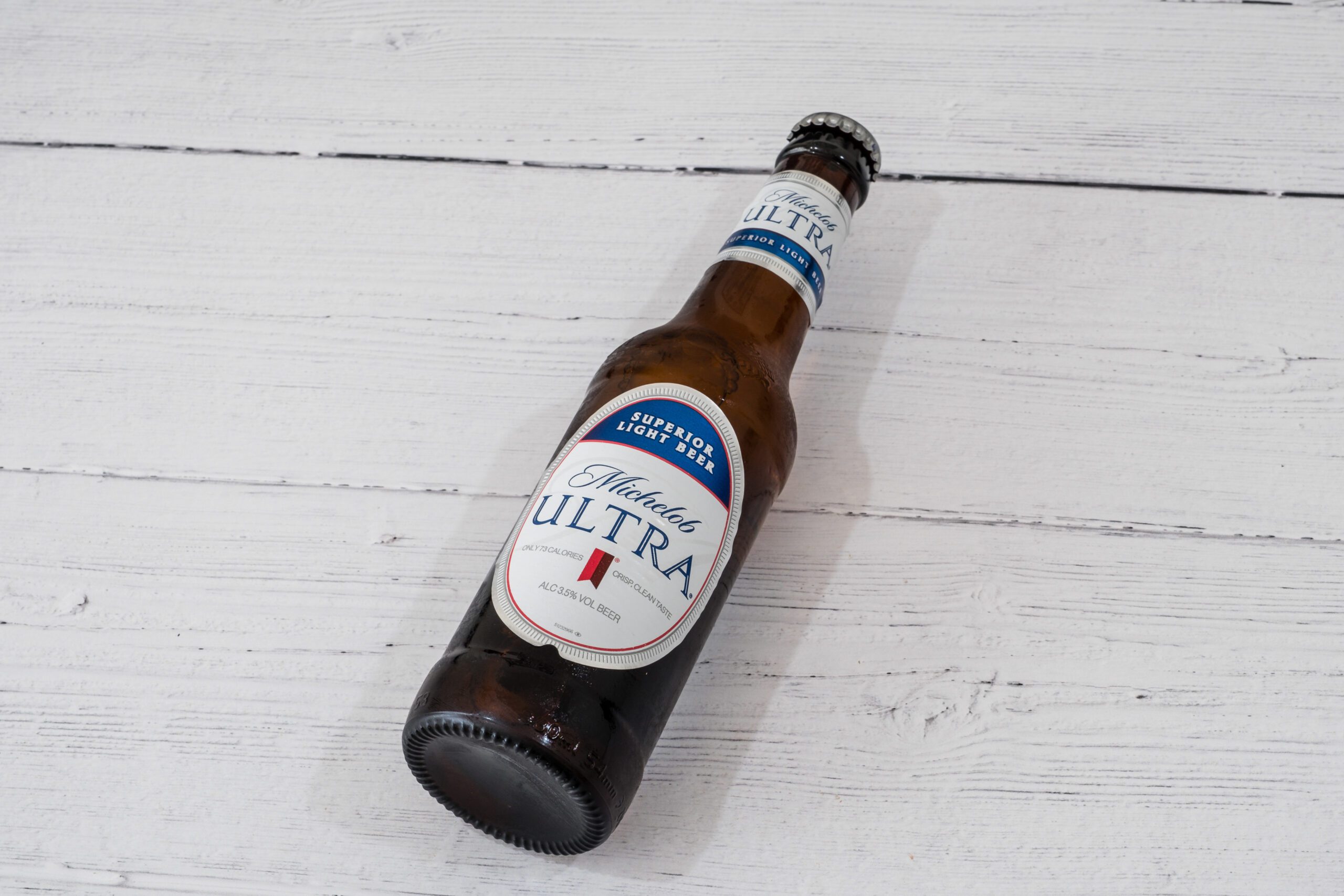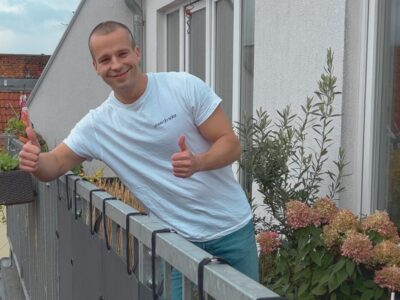(Bloomberg) —
Anheuser-Busch InBev SA/NV, the largest brewer in the world, is partnering with one of the biggest aluminum producers to market some of its beer in lower-carbon cans.
About 70% of the aluminum used in AB InBev’s cans in North America is recycled, and the brewer will further reduce emissions by pairing it with new “low-carbon” aluminum that Rio Tinto produces from smelters in Canada powered by hydroelectric plants. The first million cans produced from the partnership will be for Michelob Ultra in the U.S., the companies said in a statement.
“We’ll be able to guarantee to the customers the provenance of the product as well as to provide transparency in terms of the sustainability measures,” Alf Barrios, the chief executive of Rio Tinto Aluminum, said in a phone interview. “That’s why we will be working with AB InBev on labeling, providing info to the end consumers.”
The partnership comes amid a growing shortage of aluminum cans. Lockdowns have forced restaurants and bars, which rely heavily on sales of beer from kegs, to shutter, leaving consumers to stock up on 12-packs.
For environmental data on AB InBev and Rio Tinto, click here and here.
Ball Corp., the biggest aluminum-can producer in the world, two months ago said demand in North America continued to outstrip supply, and that it accelerated meaningfully in Europe and South America.
AB InBev also makes brands including Stella Artois, Beck’s and Corona. It works with recycling subsidiaries on its cans and also has an agreement with Metal Container Corp., which supplies more than 45% of its U.S. beer cans, according to AB InBev’s website. The company has said that by 2025, it plans to make all of its packaging from majority recycled content.
“Through the partnership, we will explore options to provide information about the sustainability benefits of low-carbon aluminum directly to customers through labeling and branding on cans,” Ingrid De Ryck, a vice president of procurement and sustainability at Anheuser-Busch, said in an email. “With Rio Tinto, we are working to reduce carbon emissions associated with our packaging materials, the largest contributor of emissions by sector in our value chain.”
–With assistance from Tiffany Kary.





